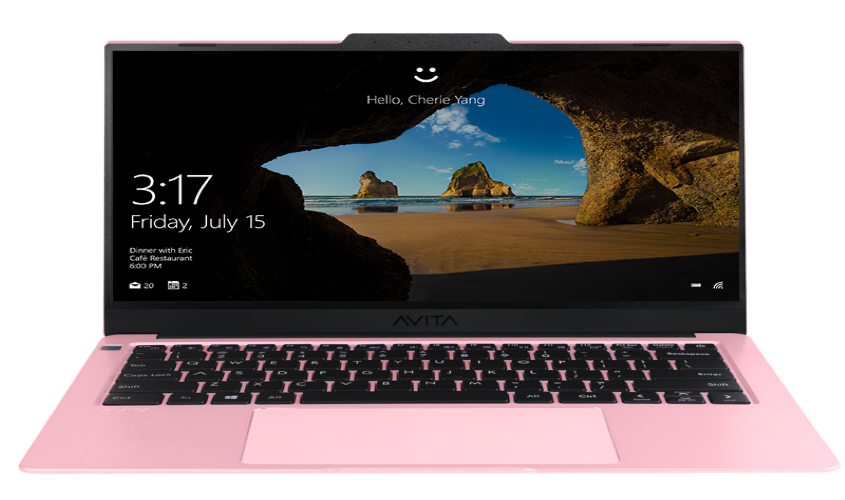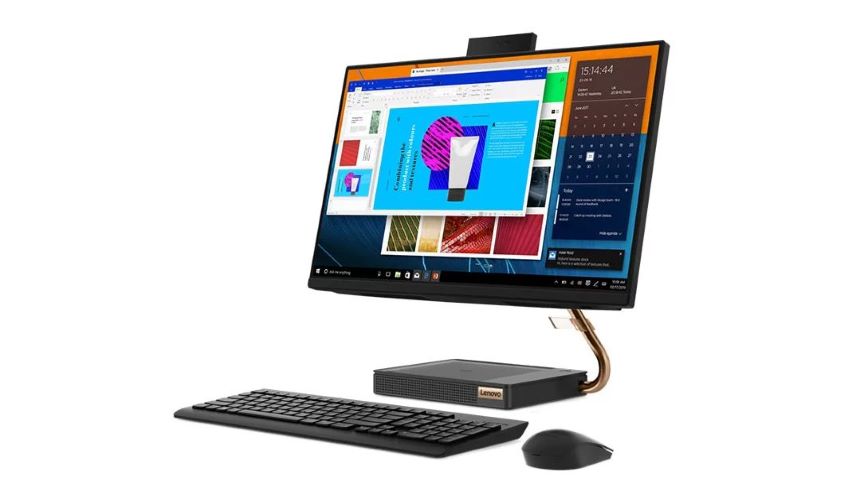
Things to know before buying a laptop
"We all have or will need a laptop at some point in our lives."
We all have or will need a laptop at some point in our lives. Purchasing a laptop may appear to be a simple task, but it is not.
There are numerous factors to consider before making a decision, and the following are some that may be useful to you:
Screen Quality
Every day, you'll most likely be staring at your laptop screen for hours.
So choose a laptop with a screen that is easy on the eyes. Keep in mind that glossier screens tend to reflect ambient light.
Also, keep in mind that touch screen laptops will have a glossy screen, so weigh the benefits and drawbacks.
Screen resolution is also important depending on how you intend to use your laptop.
When researching laptop screen options, it's a good idea to go to a computer store and look them over in person.
Size
One of the best features of a laptop is its ability to fit into a laptop bag and accompany you around the world.
If portability is important to you, look for laptops with smaller screen sizes and a thin, lightweight design.
These laptops are frequently marketed as Ultrabooks, so keep an eye out for that term.
Alternatively, choose a device with a screen size of 12 to 13.3 inches and a weight of less than 1.5kg.
Battery Life
A laptop's battery life is determined by a variety of factors.
There are several factors to consider, including screen brightness, resolution, the type of programs you are running, the operating system, and others.
It is entirely dependent on usage, and the manufacturer's stated battery life is rarely indicative of your experience.
Instead of focusing on the number of hours specified by the manufacturer, consider the battery's rating in Watt-hours (Wh) or milliamp-hours (mAh).
Storage
You must consider not only the amount of storage but also the type of storage.
Hard disk drives were popular back in the day. Hard drives are becoming less popular as laptops become slimmer and lighter.
Instead, many laptop owners are opting for solid-state drives, which are faster, quieter, and, yes, more expensive.
RAM
RAM (random access memory) is essential to computer performance, especially if you do a lot of multitasking on your laptop, such as editing photos, writing word documents, and browsing the web all at the same time.
The more RAM you have, the faster your laptop can access data and the more applications you can run at the same time.
The bare minimum is 4GB of RAM. Look for 8GB or more if you use a lot of high-power software.
SSD Hard Drive
Laptops with an SSD or SSD cache are faster and have a better response time. SSDs are more energy-efficient and more durable.
SSDs are used in most new laptops because they are more durable, lighter in weight, and consume less battery power than hard drives.
You can keep your operating system and important programs on the SSD for faster loading times and use the hard drive to store data.
Also Read:
Reasons your skin gets so dry in winter
Cleaning tips for keeping COVID-19 out of your house
Tips to eat healthy during self-quarantine
Benefits of aloe vera for face and skin
Tighten your Skin under eyes | Home Treatments |
Tips to Make Your Motorcycle Ride Comfortable
Essential tips before selling your car







